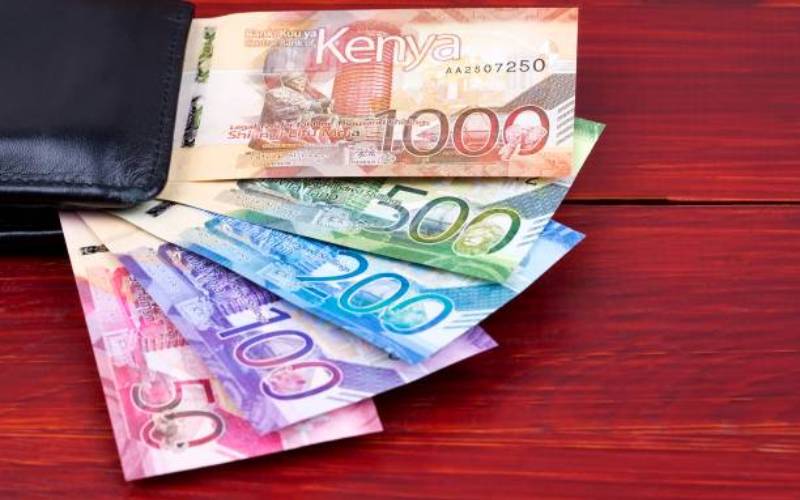×
The Standard e-Paper
Smart Minds Choose Us

Job groups in Kenya are generally classified according to an employee’s level of education, set of skills and certification.
For public servants, job groups and salaries are set and reviewed by the Salaries and Remuneration Commission (SRC). Currently chaired by Lyn Cherop Mengich, SRC was formed in 2011 under the Salaries and Remuneration Act of 2011, and among others, also ensures equity and fairness in the public service